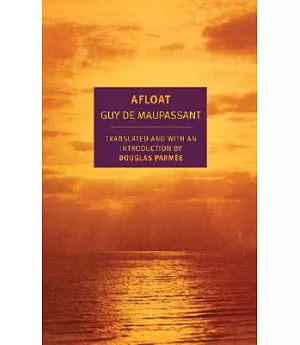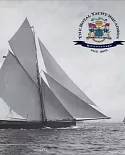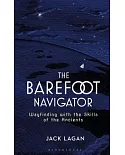Afloat, originally published as Sur l’eau in 1888, is a book of dazzling but treacherously shifting currents, a seemingly simple logbook of a sailing cruise along the French
Mediterranean coast that opens up to reveal unexpected depths, as Guy de Maupassant merges fact and fiction, dream and documentation in a wholly original style. Humorous and troubling stories,
unreliable confessions, stray reminiscences, and thoughts on life, love, art, nature, and society all find a place in Maupassant’s pages, which are, in conception and in effect, so many
reflections of the fluid sea on which he finds himself–happily but forever precariously–afloat. Afloat is thus a book that in both content and form courts risk while setting out to chart
the meaning, and limits, of freedom, a book that makes itself up as it goes along and in doing so proves as startling and compellingly vital as the paintings of Maupassant’s contemporaries van
Gogh and Gauguin.





















